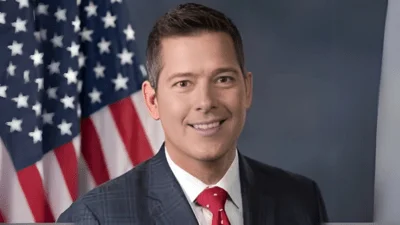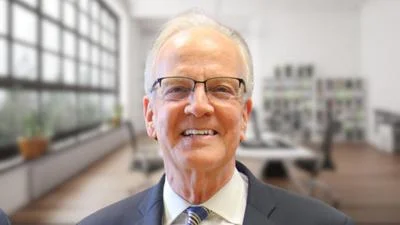The fact is, since its creation the internet has been the single most important driver of economic growth, job creation, and a better quality of life for all Americans. And I’d like to point out that the internet is working today, quite well in fact, despite hyperbolic warnings to the contrary.
How we address the future of the internet will impact generations of Americans to come and deserves an open and honest public debate.
I am delighted that my good friend Joe Franell from Eastern Oregon Telecom could make the long trek from Hermiston, Oregon to attend this hearing. For me, this debate is very much about the impact on providers like him who are trying to close the digital divide. Heavy-handed, one-size-fits-all regulations hurt small internet service providers like Eastern Oregon Telecom the most, and this in turn hurts their ability to expand broadband to underserved communities in rural America.
I’m also pleased Michael Powell, the former chairman of the FCC, is here as he created a bipartisan consensus back in 2004. I also welcome the rest of the panel, and hope you agree the Powell freedoms outlined fifteen years ago are still the best guideposts for consumers.
Republicans and Democrats actually agree on these key parameters of a free and open internet. We can agree on a permanent solution to address blocking, as well as throttling, and yes even that untested practice known as paid prioritization.
As Mr. Latta outlined, Title II is the outlier here. It throws away twenty years of a bipartisan consensus that built the modern internet and replaces it with authority from the early 1900s used to govern a monopoly provider. Title II sounds innocuous, but it gives big government unlimited authority to micromanage every single aspect of a provider’s business, that includes setting rates. There is nothing neutral about this kind of authority.
For 15 years, every attempt at legislative compromise from both sides of the aisle has addressed rules on blocking, throttling, and discriminatory behavior like paid prioritization, without Title II authority, but efforts to reach agreement have failed. I acknowledge, there were offers our side should have accepted, but in the same manner, I have been disappointed in the lack of engagement by your side on potential compromise time and time again.
That’s why I have introduced the offer I made in 2015, which codifies the FCC’s protections, so they aren’t subject to changing administrations. The bill prohibits blocking, throttling, and paid prioritization, and requires that ISPs be transparent in their network management practices and prices.
If my colleagues don’t agree this is the right starting point, my friend Mr. Latta has introduced legislation drawn directly from Chairman Waxman’s proposal from 2010 that he also filed with the FCC as then Chairman Genachowski was drawing up the 2010 order.
Of course, as a former state legislator, I realize some of the best ideas come from States, in this case my neighbor to the north, Washington State. My colleague Ms. Rodgers has a bill that will give you the Washington state net neutrality rules from 2018. It is important to point out that Washington State has a bicameral legislature in which Democrats control both houses, as well as a Democrat Governor who also happens to be a former member of this committee.
A permanent, legislative solution produced in good faith with our Democratic colleagues is the only way to protect consumers, innovation, and an open internet. I am once again asking my friends across the aisle, to work with us on a bipartisan solution.
In closing, I’d like to share a quote:
“Classifying broadband Internet access as telecommunications services that are subject to the provision of Title II of the Communications Act may have far reaching implications…to reclassify these services is to create uncertainty - something that is sure to adversely affect investment decision and job creation, both of which are in short supply right now." The letter would go on to say, “This is a job for Congress."
This was from a 2010 letter written by my friend and colleague from New Jersey, the new chairman of the committee.
I agree with Chairman Pallone, it’s past time for Congress to act to pass into law bipartisan, permanent net neutrality rules. We can do this while making sure the internet continues to flourish under a light touch regulatory regime that will help us expand broadband access and bridge the digital divide.





